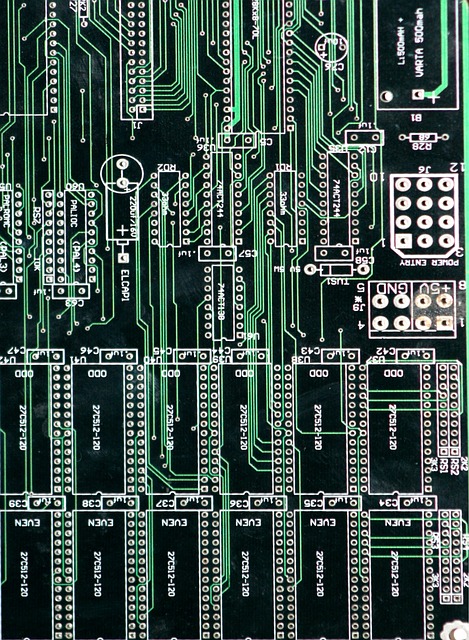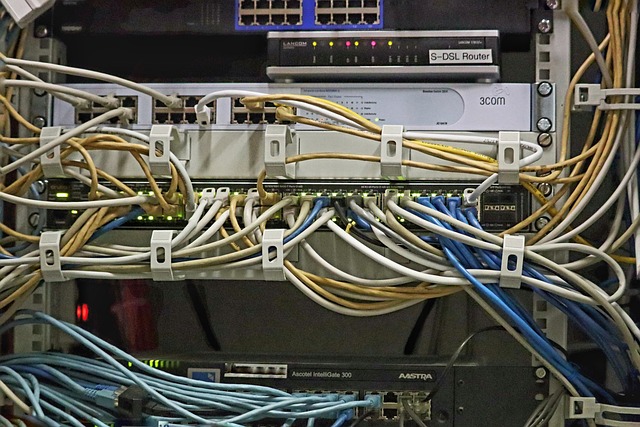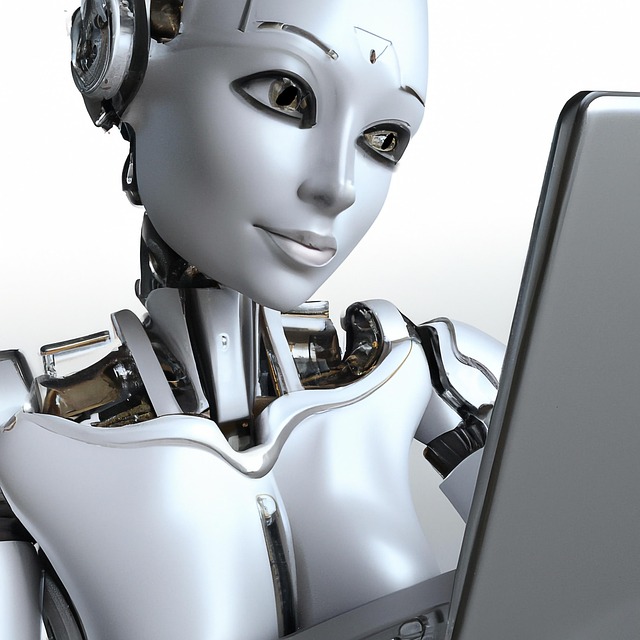# The Future of AI Technology: Innovations Reshaping Industries and Enhancing Daily Life
Artificial Intelligence (AI) is no longer a futuristic concept confined to science fiction; it has become an integral part of our daily lives and various industries. As we look ahead, the trajectory of AI technology appears promising, with innovations poised to reshape sectors ranging from healthcare to finance. This article delves into the transformative potential of AI, exploring its applications across different fields and its implications for everyday life.
## Revolutionizing Healthcare with AI
One of the most significant areas where AI is making waves is in healthcare. The advent of machine learning algorithms and data analytics has enabled healthcare professionals to enhance diagnostic accuracy and patient outcomes. For instance, AI systems are now capable of analyzing medical images with remarkable precision, identifying conditions such as tumors or fractures that might be overlooked by the human eye. By leveraging vast datasets, these systems learn to recognize patterns, leading to earlier detection of diseases and more effective treatment plans.
Moreover, AI-driven predictive analytics is transforming patient care management. Hospitals are increasingly adopting AI tools to forecast patient admissions, optimize staffing, and manage resources effectively. This not only improves operational efficiency but also ensures that patients receive timely care. Telemedicine, augmented by AI, is another burgeoning field. Virtual health assistants can triage patients, provide health information, and even monitor chronic conditions, making healthcare more accessible, particularly in underserved areas.
In addition to diagnostics and operational improvements, AI is also playing a pivotal role in drug discovery. Traditional methods of developing new medications can take years and cost billions. However, AI algorithms can analyze biological data at an unprecedented scale, identifying potential drug candidates and predicting their efficacy. This expedited process not only reduces costs but also accelerates the time it takes to bring life-saving drugs to market.
## Transforming Business Operations and Decision-Making
Beyond healthcare, AI is reshaping business operations across various sectors. Companies are increasingly harnessing AI technologies to streamline processes, enhance productivity, and improve decision-making. For instance, in the manufacturing industry, AI-powered robots are revolutionizing production lines. These robots can perform complex tasks with high precision, reducing human error and increasing output. Predictive maintenance, enabled by AI, helps businesses foresee equipment failures, minimizing downtime and maintenance costs.
Furthermore, AI is enhancing customer experiences in retail and e-commerce. Personalized recommendations powered by machine learning algorithms allow businesses to tailor their offerings to individual consumer preferences. This level of customization not only boosts sales but also fosters customer loyalty. Chatbots and virtual assistants, driven by natural language processing, provide real-time support, answering queries and resolving issues, thereby improving overall customer satisfaction.
Financial institutions are also leveraging AI to enhance their operations. Fraud detection systems powered by AI can analyze transaction patterns in real-time, identifying anomalies that may indicate fraudulent activity. Additionally, AI algorithms are being used for algorithmic trading, enabling firms to analyze market trends and make investment decisions at lightning speed. As a result, the financial sector is becoming more efficient and secure, benefiting both institutions and consumers.
## Enhancing Daily Life Through AI Innovations
The impact of AI technology extends beyond industries; it is also profoundly influencing daily life. Smart home devices, powered by AI, are becoming increasingly common, offering convenience and efficiency. From smart thermostats that learn user preferences to voice-activated assistants that control home appliances, AI is enhancing the way we interact with our living environments. These innovations not only save time but also contribute to energy efficiency, reducing overall consumption.
Transportation is another sector where AI is making significant strides. Autonomous vehicles, equipped with AI algorithms, promise to revolutionize how we travel. Companies like Tesla and Waymo are at the forefront of developing self-driving technology, aiming to reduce accidents caused by human error and improve traffic flow. As these technologies mature, the potential for shared autonomous fleets could lead to a more sustainable and efficient transportation system.
Education is also undergoing a transformation thanks to AI. Adaptive learning platforms utilize AI to personalize educational experiences, catering to the unique needs of individual students. By analyzing learning patterns, these systems can recommend resources and strategies that optimize learning outcomes. Furthermore, AI-driven administrative tools are streamlining the workload for educators, allowing them to focus more on teaching and less on paperwork.
## Conclusion: Embracing the AI-Driven Future
As we stand on the brink of an AI-driven future, the potential for innovation is vast. The advancements in AI technology are not only reshaping industries but also enhancing the quality of our daily lives. From revolutionizing healthcare and transforming business operations to improving everyday experiences, AI is becoming an indispensable tool in our quest for efficiency and effectiveness.
However, it is essential to approach these innovations with a sense of responsibility. Ethical considerations surrounding data privacy, algorithmic bias, and job displacement must be addressed as we integrate AI into our societies. By fostering a collaborative dialogue among technologists, policymakers, and the public, we can ensure that AI serves as a force for good, driving progress while safeguarding our values.
In summary, the future of AI technology holds immense promise, with innovations poised to transform our world. By embracing these advancements thoughtfully, we can harness the potential of AI to create a more efficient, equitable, and enriched society. The journey toward an AI-enhanced future is just beginning, and the possibilities are boundless.











